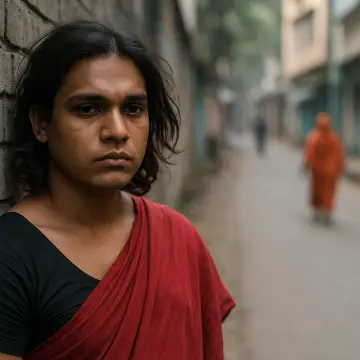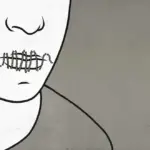In Bangladesh, many intersex people are forced toward the perilous path of sex work due to discrimination in recognition, employment, and housing. Society labels them as “abnormal,” closing doors to schools, jobs, and rented homes. In the eyes of the police and administration, they belong on the list of suspects, not the list of those to be protected. As a result, they face humiliation, violence, and health risks—often standing alone against it all. Even hospitals become spaces of violation, where their privacy is breached and their identity mocked.
Change Must Come from Both Society and the State
- Anti-discrimination laws and intersex-inclusive definitions: Easy processes for updating ID and gender markers.
- Livelihood options: Skill training, quota-based employment, and microcredit support.
- Health and protection: Confidential and safe medical care, HIV/STI services, and legal aid.
- Law enforcement training: Education for police and administration, with strict measures against harassment.
- Public awareness: Humane representation in families and media, encouraging respect-based dialogue.
Intersex people are not objects of pity—they are citizens with rights. The “invisibility” we create by closing doors does not cost them alone—it costs us all.


